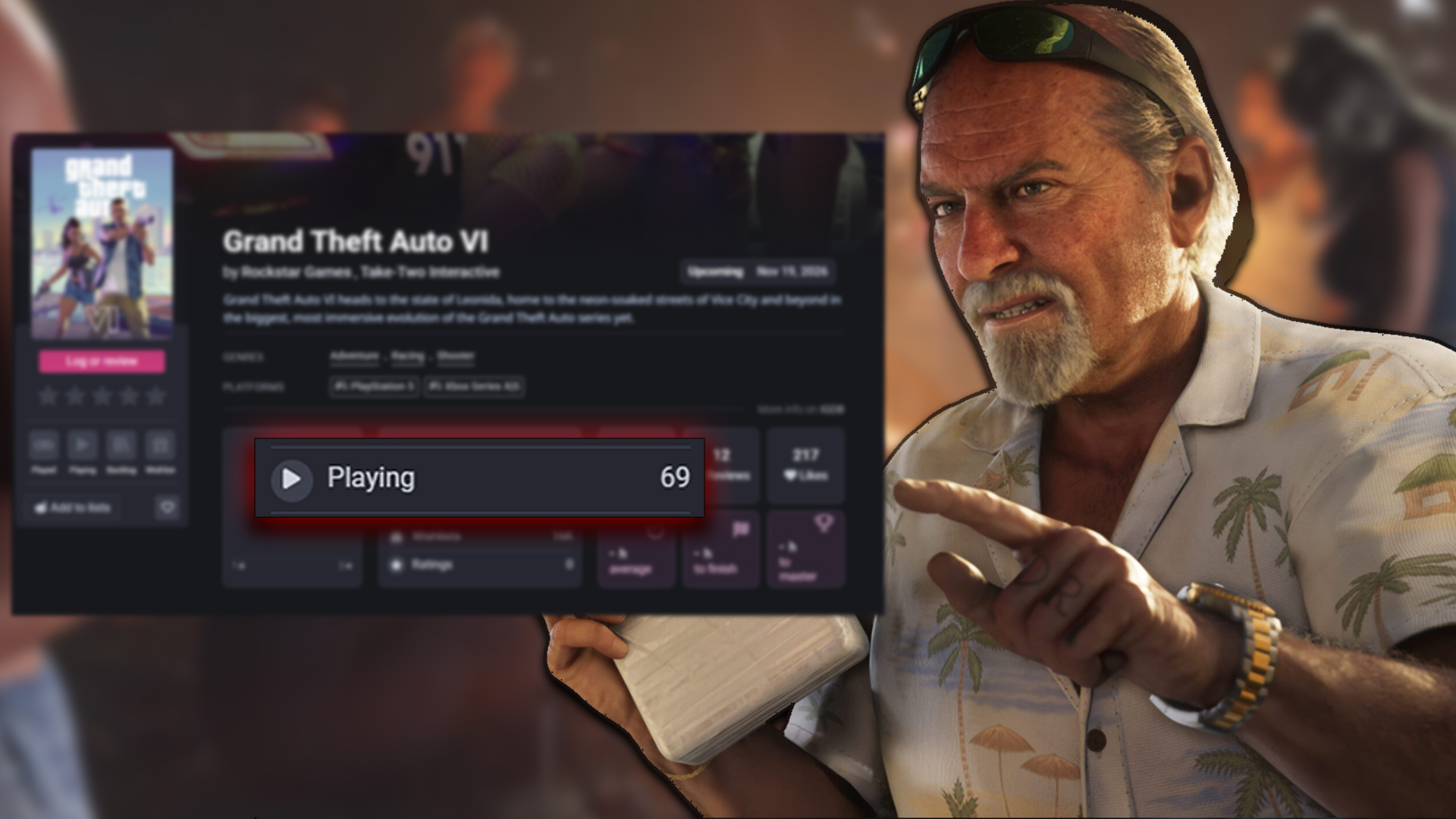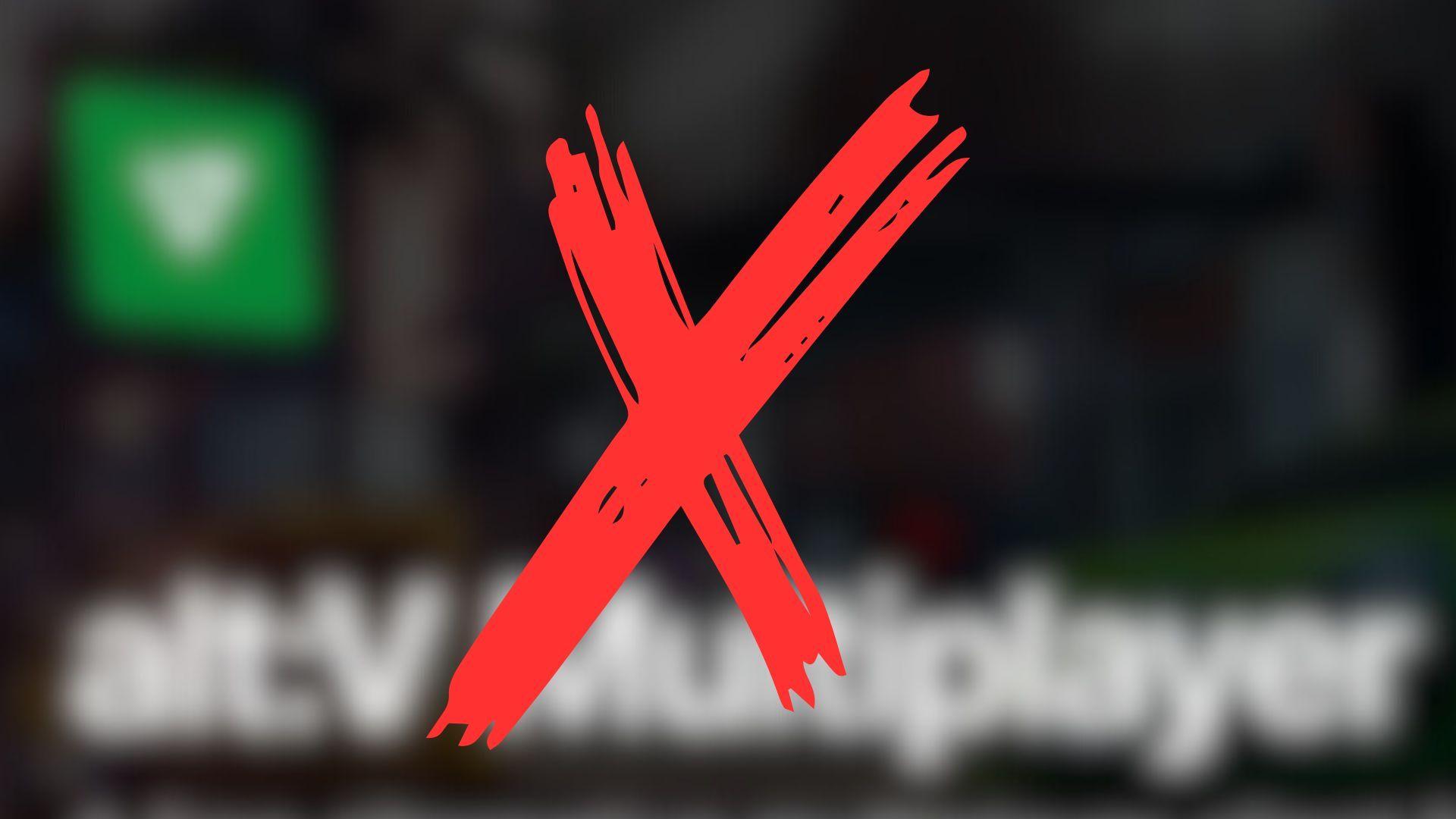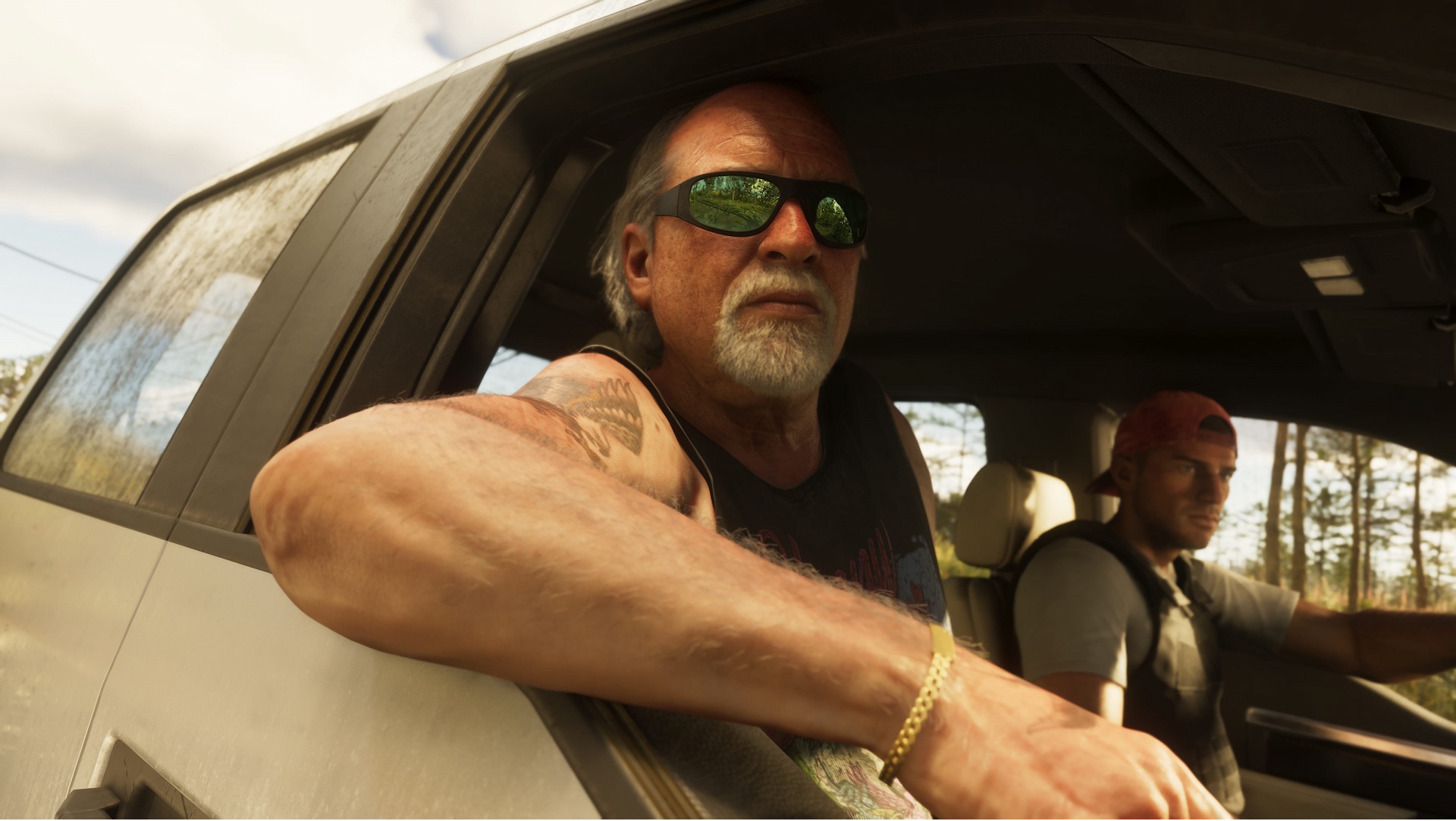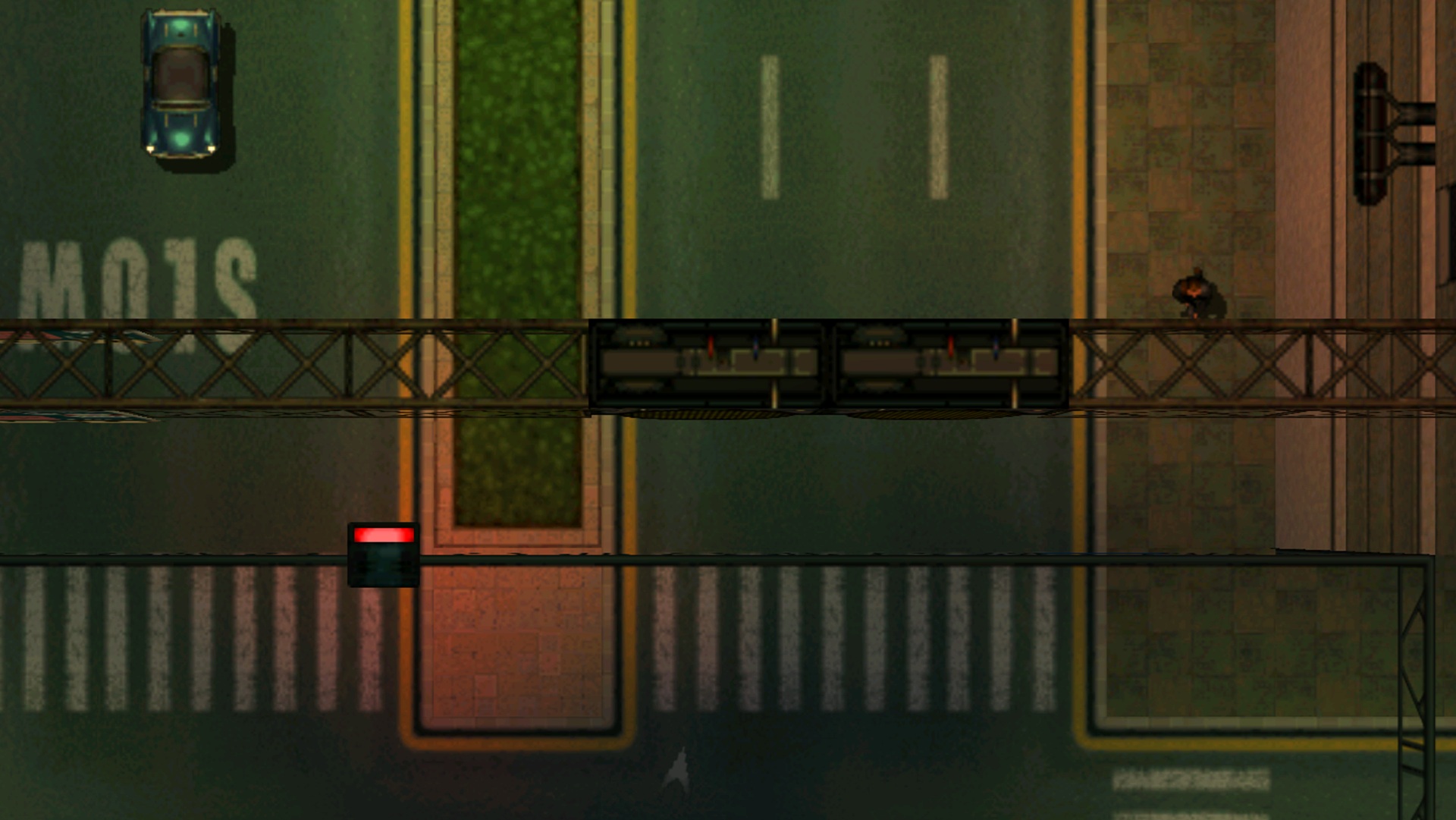Grand Theft Auto 6's delay to November 2026 has left fans searching for any indicators about where the game is in its development stage, especially after it became clear that Rockstar Games won't release the game until it's absolutely confident in its state, regardless of what Take-Two Interactive CEO Strauss Zelnick says. And while Rockstar and Take-Two have never publicly told anyone about the status of the game's development, a new job listing provides one such clue.
The company is currently recruiting an Associate QA Tester. This type of hiring usually indicates a game is approaching its final development stage, when technical testing teams expand to handle the massive workload of validating systems, finding bugs, and making sure everything functions as intended across various scenarios. The timing of this recruitment suggests GTA 6 may now be in an advanced polishing and quality assurance phase, which is something that Reece "Kiwi Talkz" Reilly mentioned in a follow-up tweet after calling talks of a GTA 6 delay a nothing burger.
According to Reilly, many people are having a hard time accepting GTA 6 being delayed for polish, but the reality is that AAA games have become so massive in size and scope that the testing requirements have reached astronomical levels. He points to The Legend of Zelda: Tears of the Kingdom as a comparison, noting that Nintendo spent an entire year conducting quality assurance on that game specifically because of its advanced physics systems.







